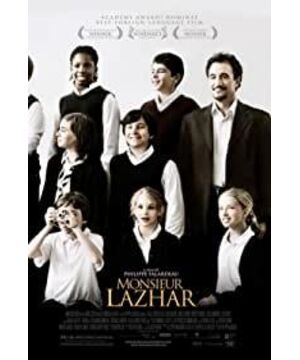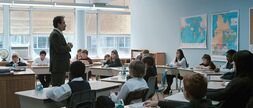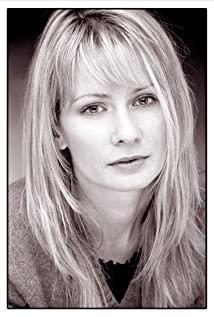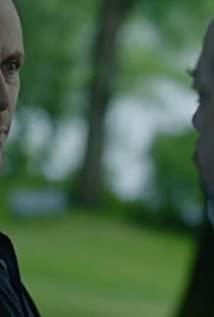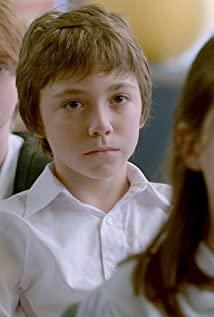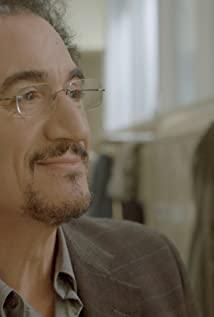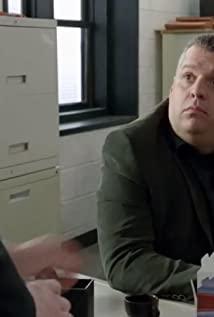The friend's child asked: "Why is this?" He heard something he didn't know from the afternoon conversation, and the darkness touched him, so he started to ask. But how should we respond to follow-up questions?
In 1980, Shu Ting wrote a poem titled "The Voice of a Generation". She said,
"For the innocent children a hundred years later; there is
no need to guess the history of us;
for the blank of the motherland and
for the nation. Duan Qiu,
for the purity of the sky
and the integrity of the road,
I demand the truth!"
Has the truth that Shu Ting requested been obtained? no.
If the questioning of history has never been answered, can we still be naive?
All follow-up questions may be fruitless. This is the tragic background of life. However, I think that even if we are no longer willing to use the word "truth", we cannot stop questioning, because questioning is human destiny.
A few years ago, my friend and I went to a lecture about Paul Celan, and the lecture did not touch us at all. The speaker retelled the historical materials of Germany during and after the Second World War. He seemed to have moved the archives to the venue. However, we had no feeling for these real historical details. I began to doubt my own ruthlessness. Recently I watched "The Truth about the Katyn Massacre" again. It was full of reports on the situation of civil servants and documents issued by the leaders of such and such. The victims did not have time to leave a historical mystery in their dying diary. They had to say goodbye to us. .
I find that there is no truth in the archives. As Kundera said, the situation in the archives is a grayer death than the death in the tomb, even though it thinks it is immortal.
Another thing I found is that a book about history, if it is not intended to satisfy people's gossip, but bears a little weight, it cannot be without poetry. Only poetry allows us to tell the truth.
"Teacher Raza" is an unknown movie. It touched me deeply, and what touched me must touch you.
In a Canadian elementary school, the original teacher hanged himself in the classroom. Now the classmates ushered in their new substitute teachers. Teacher Raza. Teacher Raza is actually not a teacher. He is an international refugee. His home country is Algeria. The terror of that country caused him to lose his family. Now he is in exile in Canada and teaches French as a substitute.
After he gradually understood what happened, he discovered a more important thing:
for death, his students, "innocent children", what they desire is not to forget it, but to talk about it. He found that only by facing the darkness can we heal from the darkness.
Later, his students asked him to talk about his country. He doesn't know how to talk, can everything he has experienced be talked about?
Later, the school discovered his status as an exile. He will leave his children. When parting, he wrote a story: On
the branch of the olive tree, there is a small chrysalis hanging from it, which is emerald green.
Tomorrow, the chrysalis will turn into a butterfly. Dashu is very happy to see the chrysalis growing, but he really hopes that the chrysalis can stay for a few more years so that he can protect it from harm and protect it from ants. But she is leaving tomorrow, and from then on she must face the enemy and the bad weather alone.
That night, a fire broke out in the forest, and the chrysalis had no time to turn into a butterfly. At dawn, the ashes had cooled and the tree was still standing, but the heart was broken, scorched by the fire, and destroyed by grief.
From then on, whenever a bird stopped on a branch, the tree would tell this story. Butterflies never wake up. He fantasizes about her spreading her wings, flying into the blue sky, freely sucking nectar.
View more about Monsieur Lazhar reviews


